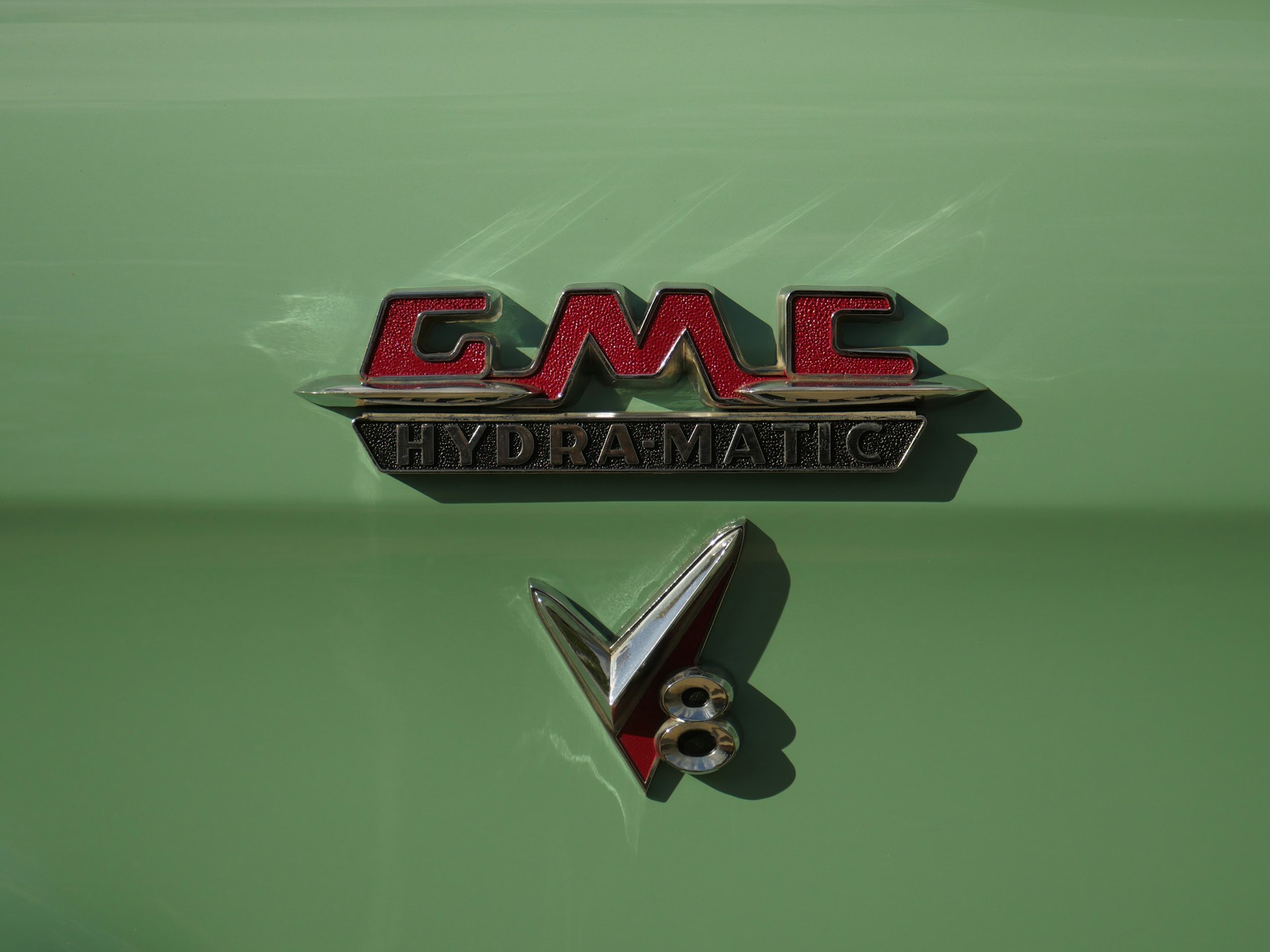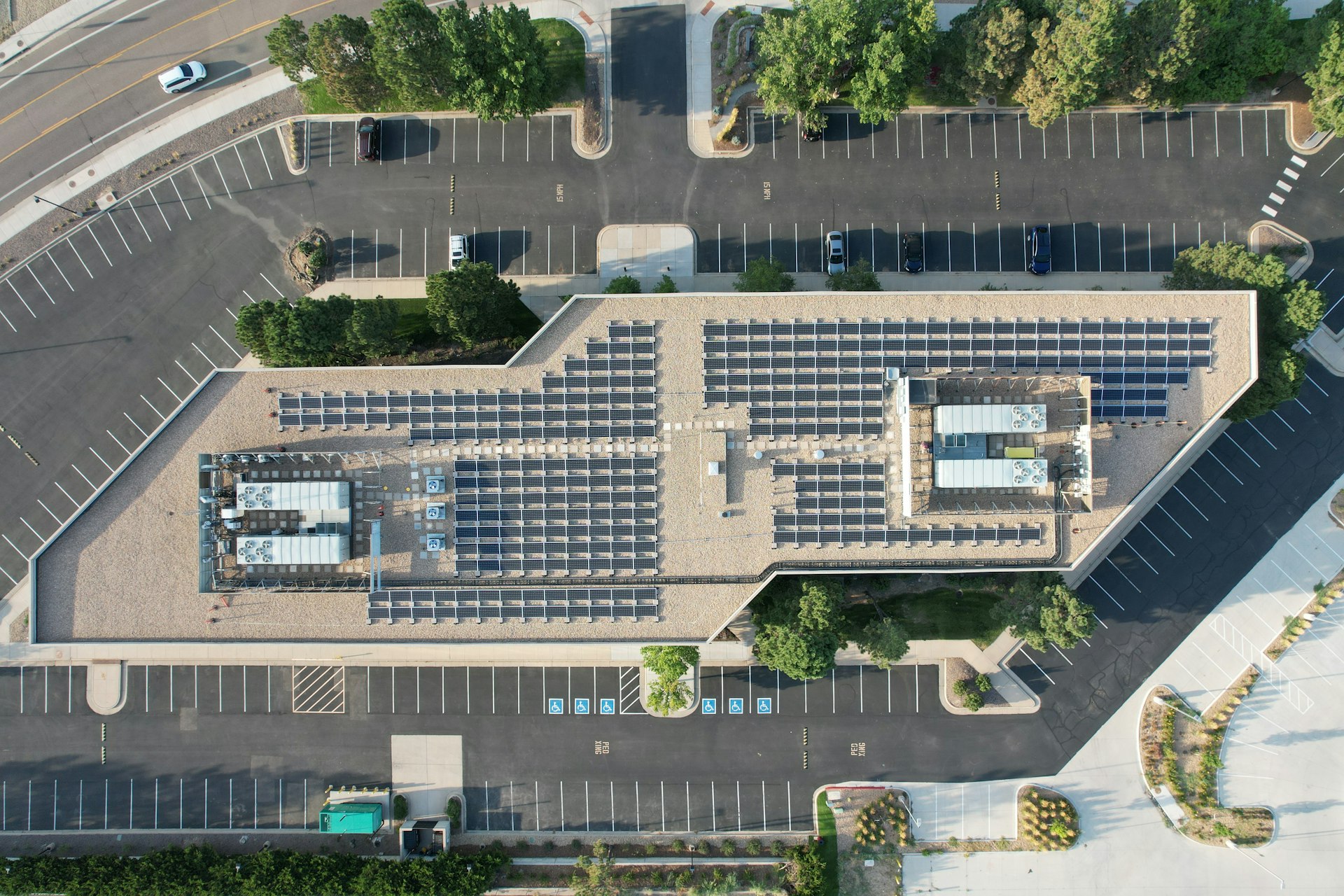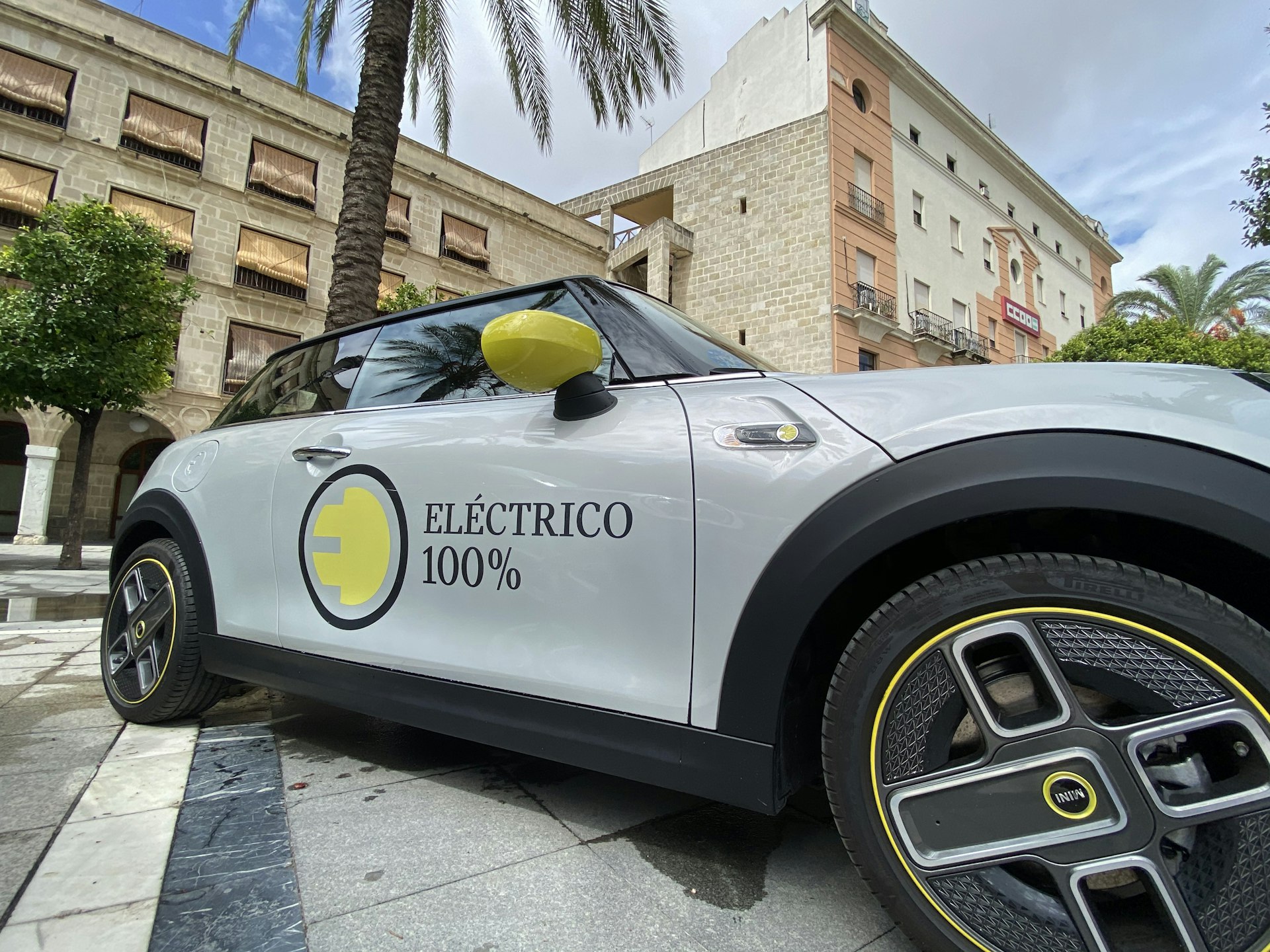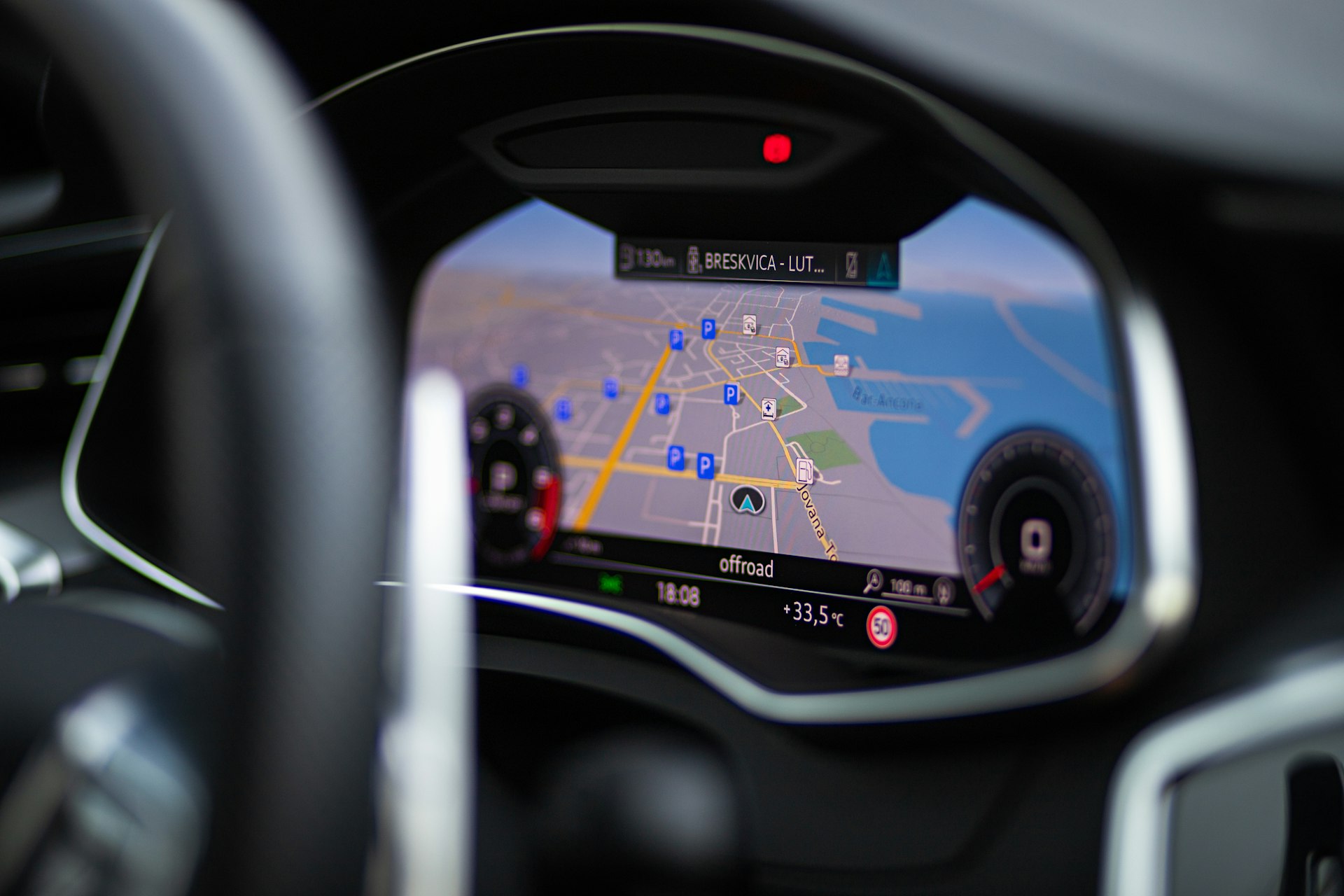What’s Next for Hybrid Hydrogen Electric Cars: Trends, Challenges, and Opportunities

Photo by KRISHNA CHAITANYA KALUVA on Unsplash
The Evolving Landscape of Hybrid Hydrogen Electric Vehicles
Hybrid hydrogen electric cars represent a transformative leap in sustainable transportation. Combining the instant torque and efficiency of electric motors with the long-range and rapid refueling potential of hydrogen fuel cells, these vehicles are increasingly seen as a promising solution for reducing carbon emissions and meeting global climate goals. Recent advances from major automakers, new pilot programs, and policy initiatives signal a future where hybrid hydrogen electric cars may play a significant role in the mobility ecosystem. This article explores the technological evolution, real-world examples, actionable pathways, challenges, and opportunities for stakeholders interested in the future of hybrid hydrogen electric vehicles.
How Hybrid Hydrogen Electric Cars Work
Hybrid hydrogen electric vehicles use a combination of a hydrogen fuel cell and an electric battery system. The fuel cell generates electricity through an electrochemical process: hydrogen stored in tanks reacts with oxygen from the air, producing electricity, water vapor, and heat. This electricity can either power the vehicle’s electric motor directly or charge a high-capacity battery for later use. When additional power is needed-such as during acceleration or on long drives-the system seamlessly draws energy from both sources. The batteries can also be charged via plug-in, enabling short electric-only trips, while hydrogen enables quick refueling and longer journeys without the long charging times associated with all-battery electric vehicles [2] [5] .
Recent Developments and Manufacturer Commitments
Several major automakers are actively investing in hybrid hydrogen electric technology, signaling confidence in its future potential:
- BMW : BMW is preparing for the series production of its first hydrogen-powered vehicle, based on the iX5 Hydrogen, with market launch set for 2028. BMW has demonstrated the viability of this technology through a global pilot fleet covering over one million kilometers, and its partnership with Toyota aims to accelerate next-generation fuel cell powertrains [1] .
- Honda : In 2025, Honda will launch the CR-V e, the first North American plug-in hybrid fuel cell vehicle. This model uniquely integrates both plug-in charging and hydrogen fuel cell propulsion, allowing for flexible use depending on infrastructure and trip requirements. Honda’s commitment is underscored by domestic production in Ohio and plans for expanded offerings [3] .
- Toyota : Toyota, a pioneer in hydrogen fuel cell vehicles with the Mirai, continues to develop and deploy hydrogen technologies for both light-duty and heavy-duty vehicles. Toyota’s roadmap includes expanding hydrogen use in commercial trucking, mobile and stationary generators, and further passenger vehicle applications [4] .
These industry efforts not only validate the core technology but also demonstrate a growing ecosystem of collaboration, research, and production capacity.
Key Benefits and Use Cases
Hybrid hydrogen electric vehicles offer several compelling advantages:
- Zero Local Emissions : The only byproduct from the fuel cell is water vapor, making these vehicles locally emission-free and contributing to cleaner air in urban areas [5] .
- Fast Refueling : Hydrogen tanks can typically be refilled in under 20 minutes, giving these vehicles a significant advantage over purely battery-electric vehicles, which can take 30 to 90 minutes for a comparable charge [4] .
- Long Range : Hybrid systems enable extended driving ranges, often exceeding those of battery-only vehicles, making them suitable for long-distance travel and commercial applications.
- Flexible Energy Sourcing : The plug-in hybrid capability allows users to optimize short trips using grid electricity while relying on hydrogen for longer journeys, thus overcoming current infrastructure limitations [3] .
These features are especially attractive for fleet operators, commercial trucking, and individuals who require both sustainability and flexibility.
Challenges and Barriers to Adoption
Despite these benefits, several challenges must be addressed to realize widespread adoption:
- Infrastructure Limitations : Hydrogen refueling stations are limited, especially outside select regions like California, parts of Europe, and Japan. This restricts the immediate usability of hydrogen vehicles for many consumers and businesses. Prospective buyers should research local hydrogen refueling availability or consult regional energy departments for up-to-date station maps and infrastructure plans.
- Production and Distribution Costs : Hydrogen fuel production, especially from renewable sources, remains costly. However, advances in electrolysis and scaling up green hydrogen projects could gradually reduce costs over the next decade. For updated cost and project information, consider searching for “DOE Hydrogen Program” or reviewing recent reports from the U.S. Department of Energy.
- Vehicle Cost : Early fuel cell vehicles have generally been more expensive to produce and purchase compared to their gasoline or battery-electric counterparts. As production scales and economies of scale are realized, costs are likely to decrease, but pricing will vary by manufacturer, model, and market. Always consult official automaker websites and authorized dealers for the latest pricing, incentives, and lease options.
- Public Awareness and Policy Support : Consumer understanding of hydrogen technology and its benefits remains limited. Policymakers and industry stakeholders are working to raise awareness and offer incentives, such as rebates and tax credits, to encourage adoption. To learn about current incentives, visit your state’s energy office or consult the U.S. Department of Energy’s Alternative Fuels Data Center.
Addressing these barriers requires coordinated efforts from automakers, governments, energy providers, and consumers.
Actionable Steps for Consumers and Businesses
If you are considering investing in or transitioning to hybrid hydrogen electric vehicles, follow these steps:

Photo by Darren Halstead on Unsplash
- Evaluate Your Needs : Assess your typical travel distances, refueling infrastructure in your area, and whether flexible plug-in charging will meet your everyday requirements.
- Research Available Models : Explore offerings from manufacturers such as BMW, Honda, and Toyota. Visit their official websites or authorized dealerships for the most current information on vehicle specifications, availability, and pricing.
- Check Infrastructure Availability : For up-to-date hydrogen station locations, search for “hydrogen fueling stations” through your state’s transportation authority or energy department. In the U.S., the Department of Energy maintains a comprehensive map and database.
- Investigate Incentives : Many regions provide incentives for purchasing fuel cell and hybrid vehicles. Search for “alternative fuel vehicle incentives” on your state’s official government website or contact your local department of motor vehicles.
- Consider Fleet Applications : Businesses with large fleets should analyze total cost of ownership, including fuel, maintenance, and downtime. For commercial vehicles, reach out to manufacturers’ fleet sales departments or industry groups specializing in green transportation.
- Stay Informed : Join industry associations, subscribe to clean mobility newsletters, or attend local clean transportation events to stay updated on new models, infrastructure developments, and policy changes.
For any direct purchases or inquiries, always use the official contact channels provided on the automaker’s verified website or through authorized local dealerships.
Alternative Approaches and Future Prospects
While hybrid hydrogen electric vehicles offer many advantages, several alternative and complementary pathways exist for clean mobility:
- All-Battery Electric Vehicles (BEVs) : These vehicles remain a strong choice for those with consistent access to charging infrastructure and mostly urban or suburban driving patterns.
- Biofuel and Synthetic Fuel Vehicles : For some use cases, especially in heavy-duty or legacy fleets, biofuels and e-fuels can provide lower-carbon options as infrastructure transitions develop.
- Public Transportation and Micro-Mobility : Investing in hydrogen-powered buses, trains, and last-mile solutions can further reduce overall emissions and enhance accessibility.
The future of hybrid hydrogen electric vehicles depends on continued innovation, collaboration, and supportive policies. Pilot programs-such as BMW’s global iX5 Hydrogen fleet and Honda’s new CR-V e-demonstrate that real-world application is possible, but broader adoption will require persistent investment in infrastructure and consumer education [1] [3] .
How to Stay Engaged and Informed
To keep up with the latest trends and opportunities in hybrid hydrogen electric vehicles:
- Monitor major automaker announcements and pilot programs.
- Follow reputable automotive technology news outlets and subscribe to newsletters focused on clean mobility.
- Attend industry webinars, seminars, or local clean transportation events to learn from experts and connect with early adopters.
- Consult your local government’s energy or transportation department for updates on incentives, infrastructure planning, and pilot programs in your region.
As the industry evolves, a proactive, research-driven approach will help consumers, businesses, and policymakers maximize the benefits of hybrid hydrogen electric vehicles and contribute to a more sustainable transportation future.
References
- [1] BMW (2024). Pioneering spirit for the mobility of the future: Hydrogen milestones.
- [2] Automotive Technology (2023). The future of fuel: Hydrogen-powered vehicles and their potential.
- [3] Fastech (2024). 8 Vehicle Manufacturers Working on Hydrogen Fuel Cell Vehicles.
- [4] Toyota (2025). Toyota Provides Technology Roadmap at the 2025 Hydrogen and Fuel Cell Seminar.
- [5] ScholasticaHQ (2023). Electric Vehicles vs Hydrogen Cars: A Question of the Future.
MORE FROM promospotlight.com













